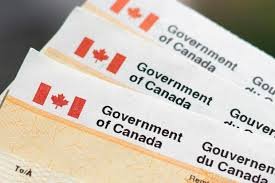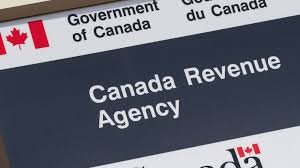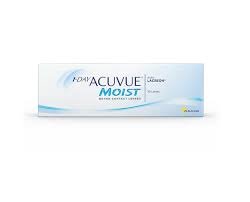Canada’s federal government offers incentives to help individuals and businesses buy or lease zero-emission vehicles (ZEVs).
These programs aim to reduce greenhouse gas emissions and support a shift to electric transportation. As of early 2025 the landscape has changed.
What is the Canada federal rebate for zero-emission vehicles?
The federal incentive is known as the iZEV Program (Incentives for Zero-Emission Vehicles).
It provides a point-of-sale rebate for eligible light-duty ZEVs like battery electric vehicles, hydrogen fuel cell vehicles, and plug-in hybrids.
There is also a related program called iMHZEV for medium- and heavy-duty vehicles.
For businesses, there is also an enhanced first-year capital cost allowance for eligible ZEVs.
This is a tax provision that lets them deduct more in the year the vehicle is put into service.
Which vehicles were eligible under iZEV and what were the rebate amounts?
Under iZEV, there were two levels of rebate for light-duty ZEVs:
- Battery electric vehicles (BEVs), hydrogen fuel cell vehicles, and longer-range plug-in hybrids (those with an electric range of at least 50 km) were eligible for up to CAD $5,000.
- Shorter-range plug-in hybrids (electric range under 50 km) could get up to CAD $2,500.
There were rules on MSRP (base model price) depending on vehicle type (passenger car vs SUV/pickup/truck, etc.).
For example, base model MSRP is less than $55,000 for passenger cars, and higher trim levels are up to $65,000 in many cases.
For light trucks, SUVs, vans, etc base MSRP under $60,000, with trims up to $70,000.
There were also requirements around safety standards, newness of vehicle (first registration), etc.
What is the status of the federal rebate as of 2025?
The federal iZEV Program has paused. Funds have been fully committed.
The pause took effect January 12, 2025. At that point, no more incentives for light-duty ZEVs could be claimed because the allocated funds were exhausted.
The iMHZEV Program (for medium- and heavy-duty zero-emission vehicles) continues, with funding available until March 31, 2026, subject to availability.
Who was eligible for the rebate before the pause?
Eligibility included:
- Buying or leasing a new ZEV (or demonstrator under certain odometer thresholds) that meets federal safety and road-use standards.
- Vehicle must be first registered. Used vehicles are not eligible under iZEV.
- MSRP caps depending on type of vehicle: as noted, passenger cars vs trucks/SUVs, etc.
- Vehicles made in Canada or in a country with which Canada has a free trade agreement, or in transit or already in Canada if from countries without such an agreement, as of October 1, 2024.
What other federal incentives exist besides iZEV?
Besides the iZEV purchase/lease rebate, federal support includes:
- iMHZEV: incentives for medium- and heavy-duty zero emission vehicles for businesses and organizations.
- Enhanced capital cost allowance (CCA): businesses can claim a larger immediate tax deduction for eligible ZEVs.
What to do if you applied or ordered before the pause?
If your dealership submitted an eligible application before the pause of the program (i.e., before funds were fully committed), the rebate can still be honoured, even if delivery happens later.
What might the future hold and what should buyers watch for?
- Transport Canada has not committed to renewing or increasing funding for the iZEV light-duty rebate program. The pause may continue until new budget allocations are approved.
- Watch for updates to vehicle eligibility criteria, including trade agreements, MSRP caps, and electric range definitions.
- For medium and heavy-duty vehicles, the iMHZEV program is still active, so businesses needing large trucks, vans, or fleets may still benefit.




